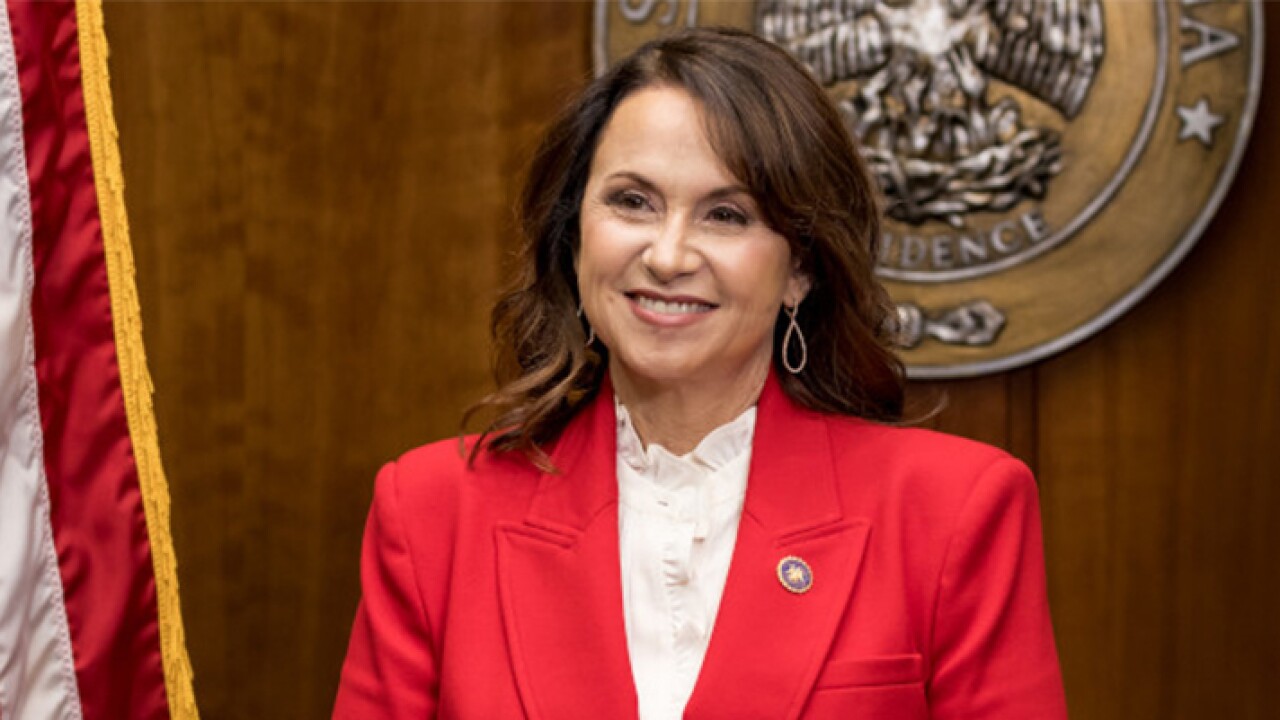
CHICAGO – Chicago Public Schools' fiscal gains this year are fading to the background as a potential teachers strike looms large and a new downgrade puts the already junk-rated district on the cusp of the triple-C category.
"CPS is a large bundle of event risk," says Matt Fabian, a partner at Municipal Market Analytics.
On Monday, Moody's Investors Service dropped the district further into junk, to B3 from B2, and maintained a negative outlook. That same day the Chicago Teachers' Union announced that the vast majority of its membership voted in favor of authorizing a strike.
The union’s House of Delegates announced late Wednesday that a strike would begin
The setbacks come after the district won an infusion of funding from state lawmakers and put new credit lines in place. They now shift attention back to questions among some market participants over CPS' market access, its precarious liquidity, and prospects for a long-term fiscal recovery.
"It's not so much the impact of any one or two events," Fabian said. "But it's that the momentum in the credit is still negative."
Investors who have staked a claim in CPS' ability to recover are likely to stick with the credit.
"We would expect that going from a B2 to a B3 likely makes little difference to those still involved with CPS' debt," said Tom Schuette, co-head of investment research and strategy at Gurtin Municipal Bond Management. "What should matter to the market is that we still don't know where the district's floor is. The downgrade is just further evidence that CPS' future is highly unsettled."
John Miller, co-head of fixed income for Nuveen Asset Management and lead manager of its high-yield bond strategy, is one of the buyers who remains behind CPS and doesn't believe either issue will impair its market access.
"The demand for their paper at current market levels is good. I think sophisticated buyers knew contract negotiations would be tough" and that some state funding would not be finalized until after the November elections, he said. "Neither has changed."
Miller said he believes the General Assembly's tradition of returning after an election to tackle heady issues, like the 2011 income tax increase, bodes well for the state coming through on its pledged pension help and overhauling school funding formulas
"This is an extremely important system to the city of Chicago…and it provides an essential service," he said. "While I hope there isn't any near term disruption from a strike it does not change our view of the credit."
A strike poses more concern than a downgrade for Howard Cure, director of municipal bond credit research at Evercore Wealth Management, although both could contribute to a heightening of concern over default risks.
"A downgrade is never good for spreads," Cure said, but a "potential strike is more harmful to CPS and will, in fact, make it more expensive to borrow."
A strike has more far-reaching implications with the potential to raise the public's ire or impede future tax increases that may be needed by either the city or CPS, Cure said.
BORROWING
After this week's bad news, IHS Markit saw some limited trading with spreads on the long end widening by 10 basis points. ICE Data Services also saw only limited trading, and little spread movement.
In addition to drawing from newly established short-term lines, the district intends to begin tapping in fiscal 2017 a $945 million long-term bonding authorization. The board at its meeting Wednesday was expected to approve a $338 million capital budget but Chief Executive Officer Forrest Claypool said last month he intends to submit a supplemental capital plan this fall.
The district struggled with market access earlier this year but after obtaining a legal opinion that its ad valorem tax pledge could survive a restructuring, the district was able to place the deal after a week's delay and reduction in size to $725 million. The district paid a punishing rate of 8.5% but was able to capture a lower rate of 7.25% on a $150 million private placement in July with JPMorgan.
The district is required to keep yields under a 9% state cap. It expects to sell bonds with the backing of a new $45 million capital improvement property tax levy; CPS has yet to announce how the funds would be segregated in a manner that might bolster investor opinion.
The "capital improvement tax is a clean structure" and depending on the details could help the district, as would "breaking" the authorization instead of bringing a large deal, Miller said.
Fabian said it's hard to set a price at which a distressed credit like CPS would clear the market because it's so susceptible to fluctuations over headlines. "The district is going to struggle to borrow as much as it needs," he said.
DOWNGRADE
Moody's, which is no longer asked to rate the Board of Education's new offerings, delivered an especially stinging assessment of the district's cash flow struggles and the budget that school leaders have portrayed as balanced.
Moody's said the downgrade "reflects the district's increasingly precarious liquidity position and acute need for cash flow borrowing to support ongoing operations" as well as "CPS's deepening structural deficit, with budgets that are built on unrealistic expectations of assistance from the state of Illinois which faces its own financial challenges."
The district will close on $1.1 billion of short-term borrowing next month, according to Moody's. The district previously reported completing $350 million of borrowing from a new credit line this month with plans to tap only $150 million next month. The board has authorized up to $1.55 billion of short-term borrowing. Monthly cash flow remains negative and the district projects closing the fiscal year June 30 with a narrow $31 million cash balance and $950 million in outstanding short term debt.
The district chipped away at a $1.1 billion deficit with cuts, $130 million in additional one-time state grant funding, $215 million in state pension help, and a new $250 million property tax levy for teacher pensions.
It also wants teachers to begin picking up $130 million in annual costs to cover their pension contributions, an issue the union is willing to strike over. The $215 million of state pension help assumes that state lawmakers, who are currently locked in a partisan budget battle, will agree next year to state pension reforms.
The Moody's rating also incorporates escalating pension contribution requirements, strong employee bargaining groups that impede cost cutting efforts, and elevated debt service includes interest rates of up to 9% on its floating-rate debt. Moody's rates $5.8 billion of the district's $6.8 billion of debt. The district has $9.5 billion of unfunded pension liabilities.
The district is rated B-plus by both Fitch and S&P Global Ratings and carries investment grade ratings from Kroll Bond Rating Agency of BBB on some of its debt and BBB-minus on most. All assign a negative outlook and S&P has the credit on negative watch.
A subsequent Moody's downgrade would put the rating into the Caa category. At that level, the default rate risk jumps to 9.16% in the first year from 2.88% in the B category and 19.8% in the fifth year from 12.5%, according to Moody's cumulative default rates averaged from 1970 to 2015.
A failure to meet any of its obligations or "impaired or cost-prohibitive market access for short-term or long-term borrowing" could also drive further credit erosion, Moody's added.
CPS sought to downplay the downgrade by calling Moody's an outlier among rating agencies, and attempted to highlight its strides in a statement. "CPS' budget has improved over last year, with more than $600 million in new revenue commitments and more than $200 million in structural reductions since their last rating," the statement said.
CPS operates 673 schools. It announced this week that enrollment dropped from 392,285 last year to 378,481 students at the start of the new school year.
During its Wednesday meeting, the school board approved the promotion of CPS treasurer Jennie Huang Bennet to fill the vacant spot of chief financial officer, CPS said in an email. The district’s top fiscal officer is Ronald DeNard whose title is senior vice president of finance. Bennett joined the district’s finance team in 2012. She was previously an executive director in the public finance group at Morgan Stanley.





